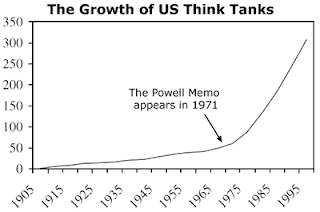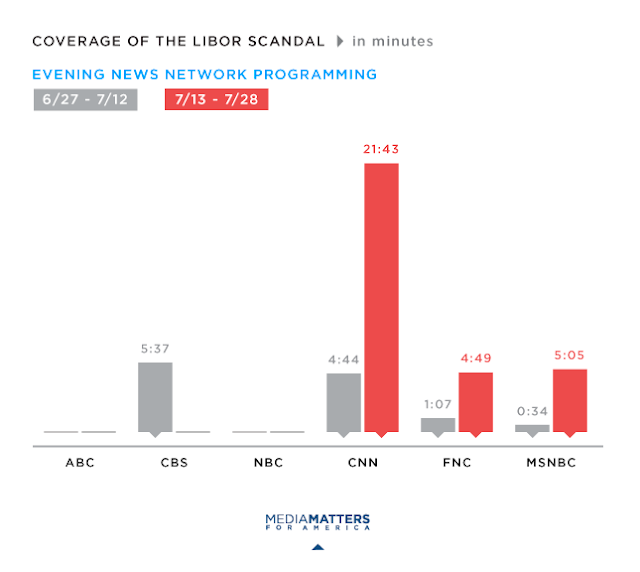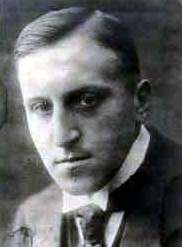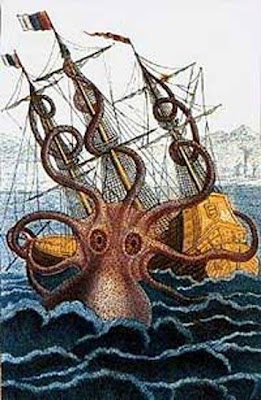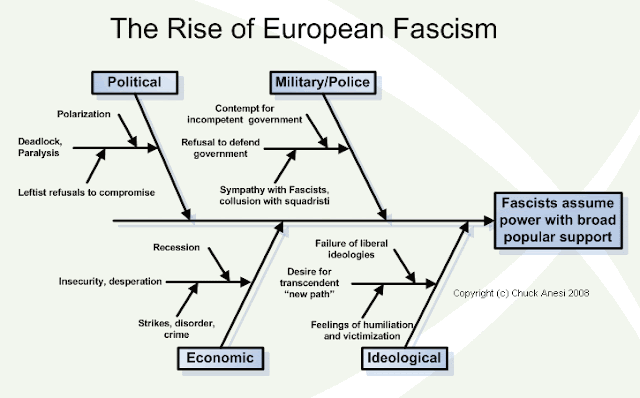I have finished reading
The Garden of Beasts by Erik Larson, and I now understand why it is such a popular book of non-fiction.
It is remarkably well-researched, with an impressive set of footnotes based on original sources from diverse places. They are worth reading in themselves as they contain little delights and vignettes. The book provides deep insight into some of the minds of eyewitnesses grappling with the events of the day.
In part because of the source materials, the book spends what one might feel is an inordinate amount of time showing things from the perspective of Ambassador Dodd's daughter, the
femme fatale Martha, and her many flirtations and affairs with the prominent of that city, including the head of the Gestapo and an NKVD agent from the Soviet embassy. She is not a particularly sympathetic character, being such an obviously shallow, albeit well-connected, narcissist. Even these episodes are well written enough to be interesting if one enjoys that sort of background perspective and romantic intrigue. And it is entertaining to read about the involvement of great literary names like Carl Sandburg and Thorton Wilder, amongst others. There is nothing in fame and recognition that deters personal folly.
Ambassador William E. Dodd himself is a frustrating figure, the southern born history professor from the University of Chicago who stumbles into the hornet's nest while looking for a sinecure. He comes across as petty and ineffective, carelessly anti-semitic in the manner of those times, and certainly no hero. And yet in the end he 'does the right thing' and looks good, and quite prescient, in comparison with his fellows. We might make some allowances to the need for a diplomat to be discreet while in office, and to
manage perception for the support of official policy.
But it does bring home that point so many miss, that even while great events grind slowly along, ordinary and even extraordinary lives with all their petty preoccupations and diversions go on, the sun still shines, and people marry and are given in marriage, until the moment that, however slowly and in stages it may happen, the door finally closes. .
I gained a new understanding of how some of the earlier events in the post-Weimar government progressed, and how the rise of the Nazi party unfolded, slowly, with more, but unfortunately ineffective, opposition than we might have believed, at least from 1932 to 1935. And so it was very worthwhile. No one should have been caught by surprise if they had their eyes open.
In particular I finally understand the 'Night of the Long Knives' as more than a passing intramural event as it is depicted so often in documentaries which compress the great sweep of history into an hour or two, and too often crush out the real significance, the many human undercurrents amidst ordinary preoccupations and foibles that comprise great events.
The 'Night of the Long Knives' was the first overtly extra-legal action in the Nazi rise to power. And this might be a lesson for us today as we interpret contemporary events and the perversion of
mere legality without regard to morality, tradition, or honor. It was a clear sign of things to come, for those who had a mind to see it.
The book ends with the recall of Ambassador Dodd to Washington, replaced with one of the crony members of
'The Pretty Good Club.' Dachau is full of political prisoners, Jews are being individually terrorized and denied basic human rights, the infirm and defective are being sterilized and murdered, and all political and public information has been brought into conformity with the Nazis through their program of
Gleischaltung.
The real dark night of the soul and
Kristallnacht lay in the future, having been born and emboldened by the continuing appeasement in the face of each worsening outrage against all convention and social norms. The Americans could overlook the progression of abuses against others as long as the Hitler regime 'would do business with them.' It is the fatal weakness of
realpolitik, its cumulative moral hazards, writ large.
It is interesting to contrast the complacency of the career diplomats, at that time most often Americans of privilege, and their preoccupation with obtaining full payment of the German bonds for their wealthy domestic constituents and the banks, with the agony of the German people as they slowly sunk into the abyss. The lone voices that were raised in protest were suppressed, ridiculed, marginalized, and ignored even in America.
This is a fine example of
serial policy error in the service of privilege and the status quo. To many amoral minds, including especially the capitalists of the free world, Hitler's rise to power was just another business opportunity, and the plight of his victims a crisis not to be wasted, a source of great profit. And not all those who benefited were censured and punished. Some families rose to greater prominence and power, even in America, on a pile of European corpses.
In Germany the hopes of liberals and moderate conservatives alike fell before the uncompromising obsession for power and unrelenting fanaticism of a minority of some of the most banal and oddest people ever to take power in a major developed nation. Not one of them could have risen by individual merit, but they did have a talent in exploiting other people's fears and weaknesses, and the sharp and unwavering focus of the sociopaths and psychopaths, that seems to bewilder and beguile the more diffused nature of the average person.
I was struck in fact that the great failure that was made by so many was the assumption that as the leader of a great and educated nation, Hitler was rational, and would eventually make the most rational decisions. So they believed his many assertions of his peaceful intents, and good wishes, even as he turned Europe into an
abattoir. Like the efficient market hypothesis, people were blinded to reality by a theory about the natural goodness and rationality of politicians.
The dichotomy is never so apparent as in contrasting the leaders of the movement with their own Aryan ideals: the club footed Goebbels, Himmler the chicken farmer, the sybaritic Göring, the weak minded and superstitious Hess, and the boorish fanatic Hitler. And the ordinary people made jokes about it, until even humour was crushed under the jackboot, choked out as fear and greed became pervasive. Through an astute combination of terror, propaganda, and the perversion of the law, an entire people were persuaded to sleepwalk into the abyss.
The author includes, almost as throwaways, some interesting insights into the German character and its mutation under the Nazis. In particular I was struck by his description of them doting on their dogs and their horses, and the national laws forbidding cruelty to animals, so that the horses, as Dodd the Virginia gentleman farmer observed, were among the fattest and best kept he had ever seen. And in the end of it all, during the Russian assault that leveled the area around the Tiergarten and the Reichstag, a stray shell struck the stables, and the horses stampeded down the ruined avenues, in flames.
As long as the personal interests of the
status quo of the wealthy and powerful were served, those in positions of responsibility said and did nothing, until it was too late even for them.
"What most occupied the attention of the State Department [in 1934] was the outstanding German debt to American creditors. It was a strange juxtaposition. In Germany there was blood, viscera, and gunfire; at the State Department in Washington, there were white shirts [of the wealthy career diplomats and career politicians], Hull's red pencils, and mounting frustration with [Ambassador] Dodd to press America's case [for full payment of the sovereign German debt]...
In Berlin, Dodd was unmoved. He thought it pointless to pursue full payment, because Germany simply did not have the money, and there were far more important issues at stake...
Through his first year in Germany [1933], Dodd had been struck again and again by the strange indifference to atrocity that had settled over the nation, the willingness of the populace and the moderate elements in the government to accept each new oppressive decree, each new act of violence, without protest...
Dodd continued to hope that the murders would so outrage the German public that the [Hitler] regime would fall, but as the days passed he saw no evidence of any such outpouring of anger...
For Dodd, a diplomat by accident, not demeanor, the whole thing was appalling. He was a scholar and a Jeffersonian democrat, a farmer who loved history and the old Germany in which he had studied as a young man. Now there was official murder on a terrifying scale. Dodd's friends and acquaintances, people who had been to his house for dinner or tea, had been shot dead.
Hitler's purge [June 30, 1934] would become known as 'The Night of the Long Knives,' and in time would be considered one of the most important episodes in his ascent, the first act in the great tragedy of appeasement...
This lack of reaction arose partly because many in Germany and elsewhere chose to believe Hitler's claim that he had suppressed an imminent rebellion that would have caused far more bloodshed. Evidence soon emerged, however, that showed that in fact Hitler's account was false...
The controlled press, not surprisingly, praised Hitler for his decisive behaviour...In a letter to Hull, Dodd forecast an even more terroristic regime... 'The people hardly notice this complete coup d'etat. It takes place in silence...I would swear that millions upon millions have no idea what a monstrous thing has occurred.'"
Erik Larson, The Garden of Beasts

